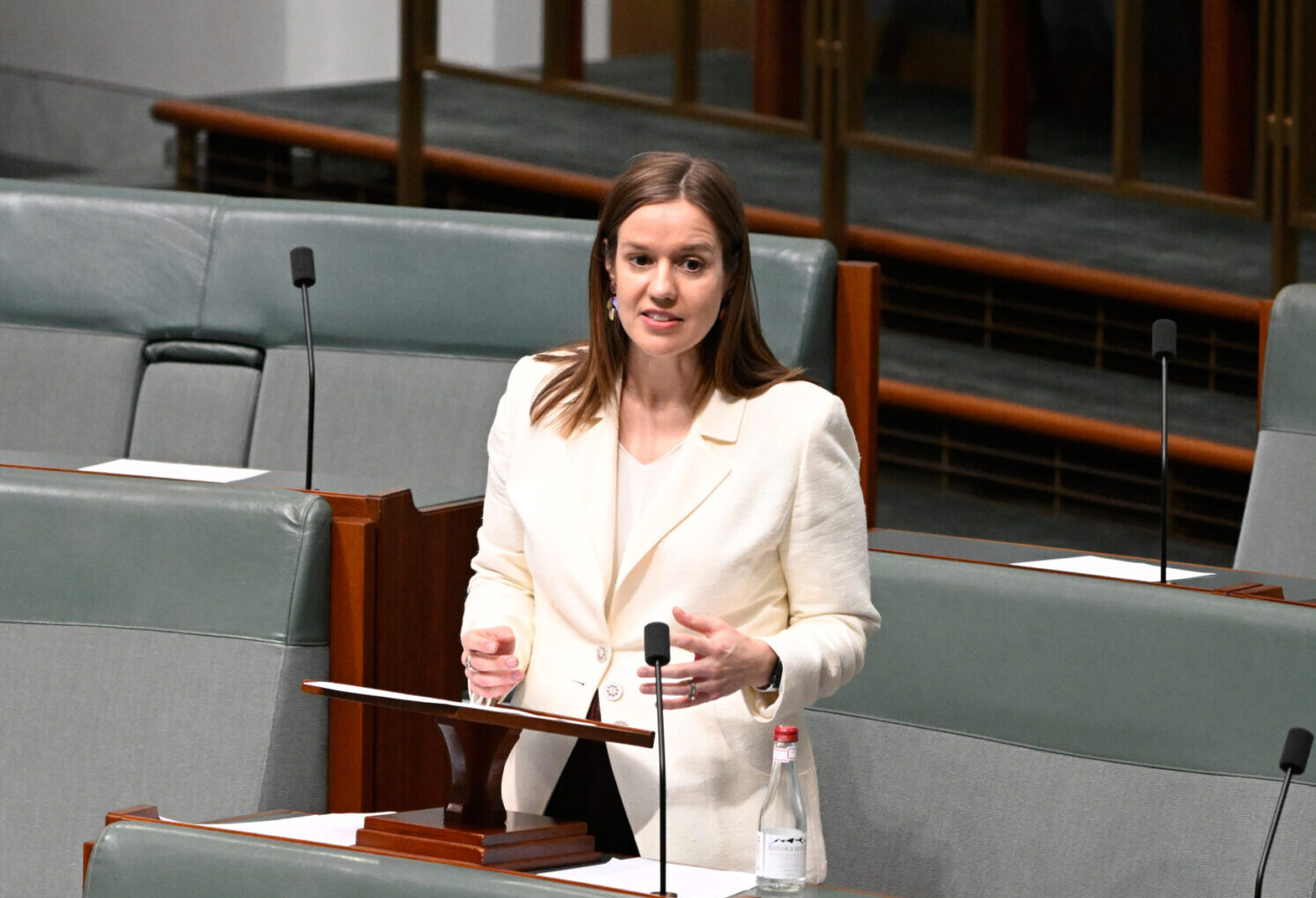At the last election, I was very pleased to be able to commit to delivering a Medicare urgent care clinic to my community. The Heidelberg Medicare urgent care clinic has now been up and running for some time, and it is making a real difference locally. The clinic is there for those times when people need urgent but not life-threatening care or when it’s significant enough that you need to see a doctor or a nurse right away but it’s not immediately life-threatening and you don’t need to be sit in the emergency department at the local Austin Hospital.
I’ve had so much positive feedback about the difference the Heidelberg Medicare urgent care clinic is making in our community. Earlier this month, I had the chance to visit the clinic with the Minister for Health and Aged Care. We heard from a local constituent named Helen who told us how she had a fall and ended up with quite a significant cut on her head. She’d then gone to the urgent care clinic for treatment and received six stitches. Helen said to us that, from the receptionists through to the nurses and the doctor who helped her, everyone was so thoughtful and prompt in the care that she received.
We now know that between July 2023 and mid-February 2024, the clinic had more than 10,800 visits from locals. Around 70 per cent of those people who visited the clinic in the last couple of months have said that if it wasn’t there, they would otherwise have gone to the emergency department. We have data on the types of presentations that people are coming to the clinic with, including things like ankle, toe or foot injuries, finger, wrist or hand injuries, and abdominal or stomach pain, vomiting, nausea or fever. They’re all serious things but things that people don’t need to wait at an emergency department for. This tells us that the clinic is doing exactly what we hoped it would do. It is taking pressure off the emergency department at the Austin Hospital, it is providing an extended service seven days a week for urgent but not life-threatening care, and it is ensuring that people across my community can see a doctor or a nurse when they need to. I’m very proud to have delivered on this important service.
More broadly, I know we still need to do more work on bulk-billing in my community, because Medicare, as we know, was neglected for nearly a decade under the Liberal and National governments. Our government is trying to rebuild that. I am pleased to say that early figures show our investment in bulk-billing—the largest ever—is making a difference in Jagajaga. In just two months, residents in my community saved $132,000 on 3,187 additional bulk-billed trips to the GP. That’s a 3.1 per cent increase. I want it to rise further. I know there is still more work to do so that locals can see a doctor and be bulk-billed when they need to. But it is so important that our government tripled the bulk-billing incentive as part of our work to make bulk-billing more accessible to locals in my community and right around Australia.
